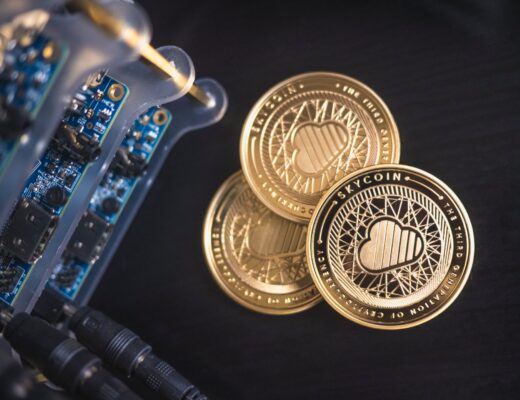Digital Dollar allows you to explore the possibilities of the CBDC
US companies Western Union, Accenture and BDO Unibank from the Philippines have been piloting the CBDC with the US regulator. The Digital Dollar Project aims to study the capabilities of electronic currency, particularly its reliability and level of volatility compared to existing cryptocurrencies.
During the tests, the project coordinators studied the specifics of using CBDC for cross-border transactions based on distributed ledger technology. Using the latter, they set up an infrastructure to convert digital dollars into Philippine currency.
Western Union’s Kevin Maule said the Fed’s currency trial was very successful. He highlighted several benefits of using the digital dollar for financial institutions and their customers. The study demonstrated the viability of CBDC in practice and the convenience of cross-border payments. Thanks to the digital dollar, financial transactions are faster and more secure. In addition, blockchain makes the process transparent, minimising the risk of fraud.
According to the project developers, the tests have helped to better understand the mechanisms of how CBDC works. At the same time, research into the digital dollar will continue. This will allow gathering more information to further improve the cryptocurrency.
It is worth noting that we are not talking about a full-scale implementation of CBDC in the US financial system. At this testing stage, the project aims to analyse and provide information to financial institutions and policymakers on how this type of currency works and how to apply it practically.
Why central banks are interested in their own CBDCs
Over the past few years, central banks have become increasingly interested in digital currencies. The popularity and proliferation of cryptocurrencies have driven this. Initially, regulators were sceptical about electronic money, but over time, it has become clear that their positions are only getting stronger.
Several countries are developing their own CBDCs, and many have involved the IMF in the projects. The BIS conducted a survey of 30 central banks and published the following results:
– 9 out of 10 regulators are actively researching digital currency technology;
– around 15 central banks are already developing CBDCs, and many of these have reached the stage of testing the currency.
The IMF representatives note that more than 40 countries have asked them for technical assistance in the creation of cryptocurrencies. One of the key issues for central banks is the risk ratio of CBDC issuance to the financial system.
IMF analysts believe that the introduction of a state-issued digital currency can put significant pressure on the financial system, so the Fund is actively studying all the likely risks associated with CBDCs. At the same time, experts note the high potential of electronic money for various transactions.










